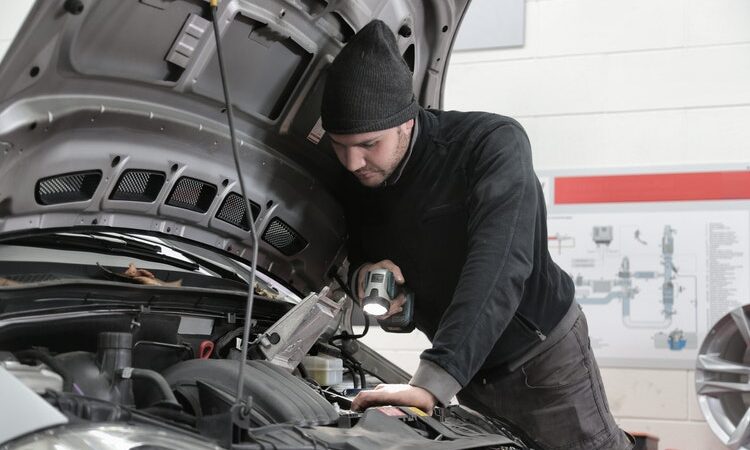Gap Insurance – Is It Something You Really Need?

Is it Important to Take Out Gap Insurance?
When it comes to getting a car, there’s so much to think about. How much will tax cost? Is the model you’re buying affordable to run? What about CO₂ emissions?
Then there’s the question of insurance. Knowing what provider and policy to go with can involve some research. Standard car insurance will cover you for the essentials, but there’s one type of cover that might be worth considering. Gap insurance is something you may have come across while buying your car. It’s something the salesperson may have suggested.
If you’d not thought about it before, it might be worth considering its merits. Here’s a look at what gap insurance is and whether it’s an important type of cover to take out.
How does gap insurance work?
Cars lose their value over time, especially if they’re new. This loss of value – or depreciation – can be substantial, depending on the model you’ve bought. You could find that the amount you paid for your motor is substantially less than the amount you’ll get for it when you decide to sell it on.
If you were to be in a crash and write off your car, or your car is stolen, your insurer will just pay out for what your car is worth at the time. This means that if your car was a model that depreciated substantially the moment you drove it off the forecourt and it was stolen the next day, you could lose a lot of money.
Guaranteed asset protection insurance – or gap insurance – is designed to bridge that amount of money that you would otherwise lose. It’s an additional form of cover that runs alongside your standard car insurance.
When do you need to get gap insurance?
If you’re buying a newer model, you’re more likely to consider taking out a gap insurance policy as you could lose a substantial sum if anything bad were to happen. Plus these are the cars that depreciate quickly.
However, while it’s probably more useful for new cars, it’s not exclusive to these motors. You might want some added peace of mind even if you have a second-hand vehicle, but the amount that you’d be paid might not be too much as the rate of depreciation slows the older the car is.
Simon England, the CEO of ALAIB provided his insight into gap insurance for vehicles:
“Most people are aware of GAP insurance if they’ve bought a new car – they often lose around 20% of their value when they’re driven out of the garage so there is an immediate need for the GAP cover if the car is written off.
People often think they don’t need GAP for a used car but the sad fact is they will still lose value over time, although the drop is usually less dramatic than with a new car.
Either way GAP insurance can ensure you’re not out of pocket if your new or used car is written off, especially if you have finance.”
What type of policies are available?
Should you be looking to update your car and be considering taking out gap insurance, there are a few policy options available that could suit you: return to invoice, return to value, vehicle replacement, and finance gap insurance.
Return to invoice covers the difference between the amount you pay for your vehicle and how much it’s worth when you claim. Return to value is a like for like scenario where the market value when you bought your car and its market value when you claim are the areas covered.
Vehicle replacement is similar to the return to value option, but this pays out the new market value of your car, so this could be more or less, depending on what the market looks like when you claim. Finance gap insurance is useful if you owe money on finance. This is where your insurance will cover the difference between what you owe on finance and the market value of your car when you claim.
While gap insurance isn’t essential cover to invest in, it can be important to your finances if you need that added peace of mind – especially if you’ve spent a lot on a brand-new luxury model. Ultimately, the choice is yours.





